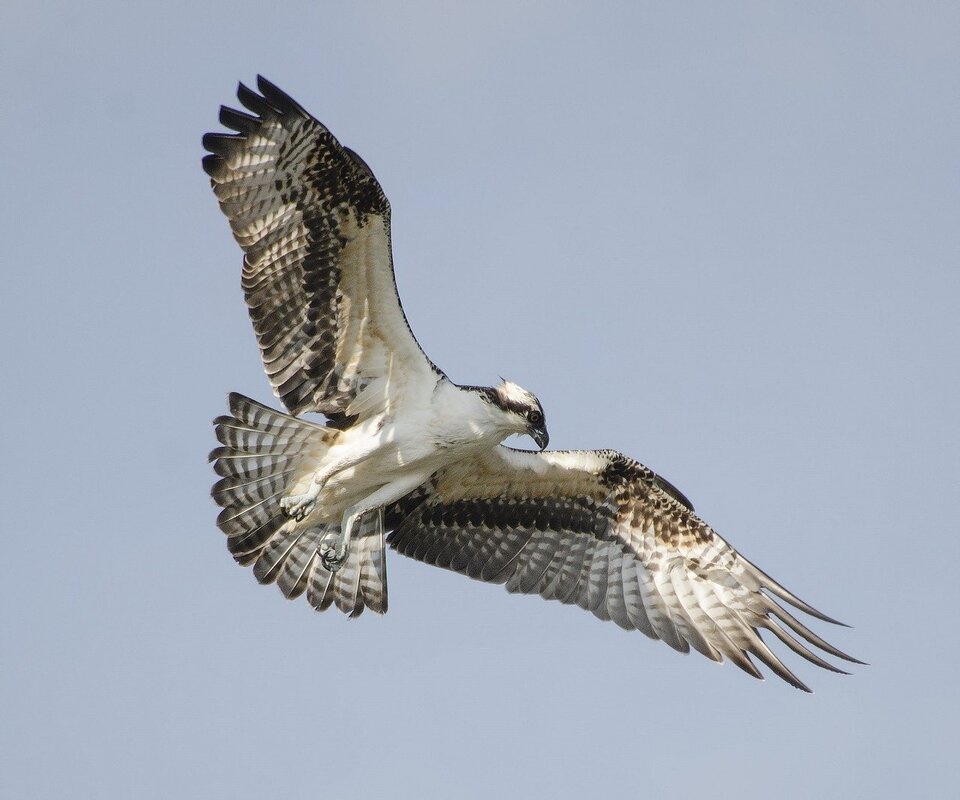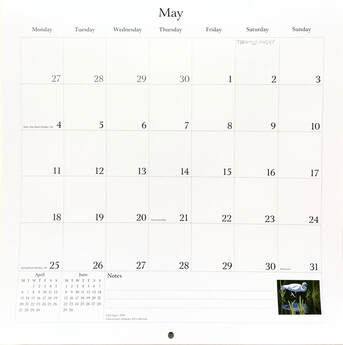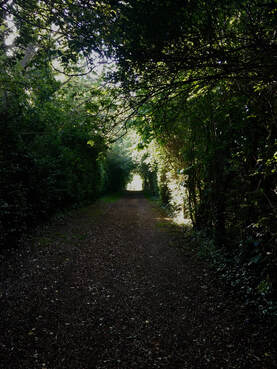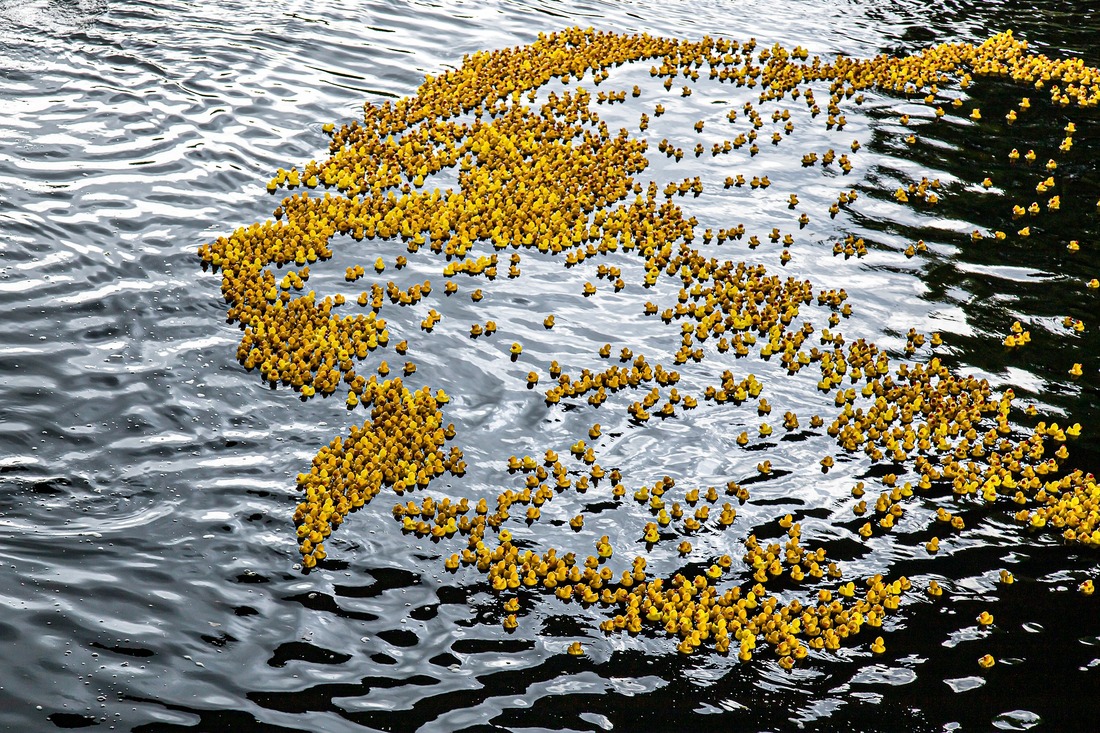|
Reflections from a home front: 14 It feels like it’s been a tough week. Nearly everyone I spoke to seemed to have run into a slough of despond. Locking down was relatively easy: clear the desk, take your belongings, get out, quick as you can. Returning to the world, a very different world, looks much, much harder. And it’s still a return in the teeth of lockdown. And now we’re really feeling the edge of those teeth. Even if we began with can-do confidence, quarantine fatigue is quite evidently setting in. As is language fatigue, with words like unprecedented on overtime. In the words of Chekov, “Any idiot can face a crisis – it’s day to day living that wears you out.” Right, I thought. This week, I’ll write something that’s simply fun and diverting. I even adopted a galloping dactyllic metre in an effort to keep things upbeat. [1] But poems have a way of writing themselves, and, well, things didn’t go quite according to plan. But it’s not without its lighter moments. As ever, you can click to hear it or scroll down to read. Unprecedented Work was never this homely. And home never worked to such cost. With virtual school And summits on Zoom And sing-ins and workouts All jammed in one room, Our boundaries were never so crossed. Our larders were never so laden. (Shelves in Waitrose were never so bare.) Our loaves are so various! (Though our sourdough’s precarious.) It’s like the Great Bake Off Though not so vicarious – We’ve all got a cake to compère. Our street was never this silent. The silence was never so loud. The larks and the warblers Are thronging the borders, The lawn has been trashed By some feathered marauders, And ospreys patrol round the pond. Our dreams were never so real. Reality never this tough. Life leaves us reeling And there’s no concealing That words can’t convey The freight of our feeling And never is never enough. The screen stares back. It is empty. The speakers are mute. Not a sound. But a note or a glide Like a cell deep inside, Like the song of the outermost Star as it died, Will ever forever surround Till ever in never is found. 1. Dactyllic metre – dum-di-di, dum-di-di. In contrast to the more usual, iambic – di-dum, di-dum.
0 Comments
Reflections from a home front: 13 These Strange Times produce a strange experience of time. Certainly, it appears warped. For many, pre-lockdown life seems like a lifetime ago – yet lockdown weeks seem to be flying by. At one level, this is accounted for by what we know about the ways the brain registers time. It’s complex but, essentially, the more we are absorbed in what we are doing, the more new information we are processing, the more quickly time seems to pass – at the time. Paradoxically, when we look back on a busy period, especially if we have been deeply engaged intellectually or emotionally, and especially if there have been several distinct events of changes of activity, then it occupies more space in our memory – and the brain perceives it as having taken more time. Hence a short holiday with lots of new, stimulating activity flies by but stretches forever in recollection. And the converse is true. Clearly everyone’s experience of These Strange Times varies, but there are common themes. There are also some conflicting conditions in relation to time perception, which perhaps increases the perception of strangeness. So a lockdown sabbatical in which one day is indistinguishable from another can feel like a long time when we’re in it, yet will collapse in retrospect. Equally, the fact it’s a series of novel experiences and requires a lot of emotional processing means that time doesn’t drag, yet early March will seem like another country. That’s the nub of it, you can read more here. For some of us, I think, the experience may be further complicated by a different relationship with measured time. I, for instance, have never got on well with watches and now my wrist ticks only to the pulse of my vein. Our calendar, meanwhile, languishes on the kitchen wall, displaying the month that never was with events we cannot bear to cross off – even as the increasingly blank rows seem to gesture to a life of possibility. At the same time, a widespread reconnection with the natural world may be drawing us into a wholly different kind of time, attuning us to not only to the turn of the earth but also what has been ticking away underneath all along. As Alan Burdick observes in Why Time Flies: “What science has begun to reveal is how time manifests itself in living biology, how it is interpreted … by cells and subcellular machinery … it seeps upward into the neurobiology, psychology and consciousness of our species.” Ancient cultures understood time not as a measured commodity, but as a function of nature. It was not so much linear as cyclical, elastic, and with no sense of an ultimate ending. These ideas are obliquely reflected in the Greek distinction between chronos and kairos, both of which we casually translate as time. Perhaps the closest we can get to remembrance of ‘mythic’, pre-chronologically literate time is the kind of time we experience as young children. Or, as Winnie the Pooh begins: “Once upon a time, a very long time ago, about last Friday.” Of course, things are different now. We understand how time really works. Except we don’t. “If scientists agree on anything” says Burdick, “it’s that nobody knows enough about time, and this lack of knowledge is surprising, given how pervasive time is in our lives.” What does the word ‘time’ conjure for you? Perhaps an image of a clock or watch. Of course, we need clocks. We are social creatures and if we are to live and work together, we need some agreement on matters of when and how long. So we live by our chronometers, constantly, consistently checking our lives. But time is also in us. And it is us – “seeping up” from every living cell where the inbuilt clock ticks to both its own internal rhythms and the cycles of night and light. Here is my attempt to capture some of this in a poem. “Will everyone know about Plato and Paley?” asked the Wandering Albatross. “P’raps not,” I said, “but hopefully that won’t matter.” To hear the poem, click the play button. Telling time
The calendar on the kitchen wall. Like a flickering shadow in the cave, Spellbinds these perfect squares, pale days – Now May’s only a notion In some other dimension. Beached, the bedside watch With blanket of dust, ticks off Each second – each minute Just one more circuit. Scratching the surface. Out of the race, we fall Into step with trees. We feel The grain and ringing cells And find time isn’t told But grows and folds. Reflections from a home front: 12 Week seven of lockdown, and there is light at the end of the tunnel. It’s faint and, as is the way with dark tunnels, distance becomes hard to judge. But here in England the message is suddenly no longer ‘Stay at Home’. One assumes that, apart from its useful same-but-different vibe, the government has adopted the call to ‘Stay Alert’ rather than ‘Be Alert’ to avoid inviting the obvious response, ‘Because Britain needs Lerts’. [1] It’s been perceived as a messy message – though it’s quite hard to imagine any strapline capable of capturing a message appropriate to the moment. Getting out fast and locking the door behind was a relatively simple emergency procedure; it was clear what we had to do. What lies in front is vastly complicated and uncertain for so many reasons. The world will be different. It’s hard to imagine how different, or what that will feel like. But picking up where we left off is obviously not going to be an option. Back in March, Rowan Williams, appearing on Newsnight, was asked: ‘Is it more important to bounce back, or is it more important to be changed?’ His reply: ‘That’s a very interesting question because we’re almost too used to hearing people say, well things will never be the same again – after nine eleven and the financial crisis of 2008. But mysteriously, we didn’t seem to learn a great deal from either of those things. So naturally I hope it’s not just a question of bouncing back. I think the real question is, what does it really mean to live in a safe society – a society where vulnerable people are secure. … It’s genuinely a shared challenge. Do I understand that my wellbeing is completely bound up with the wellbeing of all my fellow human beings? It’s a big ask to get that imaginative question through, but there it is.’ It is a big ask. But, as I wrote a few posts back, the gift of this time is that it has invited us – pushed us, even – to notice the priorities we’ve been slowly nudged into, the programme we’ve inadvertently constructed, and what our human being has come to consist in. The world will be different. But we will be different. As with reverse culture shock, we may not completely appreciate how different until re-entry. I remember spending a week on a small boat, sailing round the coast of Britain in what turned out to be the coldest, wettest week of that particular summer. I am not a sailor, and so my role was pretty limited. Aside from observing the strict routines of life on board, it mainly involved huddling on the deck and trying to keep warm whilst watching the waves and the sky and the land dipping in and out of view on the horizon. There were a few magical moments: hearing the cries of the wildfowl while moored on a Suffolk estuary at dusk, a visiting porpoise, the thrill of being on the tiller and holding course through an extremely rough patch. But I spent a lot of time wondering how else I might have spent a week’s precious holiday. It was only on my return that the full effect was revealed. There was, of course, the appreciation of simple things (space to wash and cook, enough water, warmth) but more wondrously my soul had been stilled and I experienced a rare lucidity of thought and vision. How I wanted to hold on to it! Despite my best efforts the sensation ebbed away. Transformation of habit and of being takes longer than a week. But there was a legacy of thought and perspective that has influenced subsequent choices. We are not the people we were when we locked the door, although we may not realise it immediately. Transformation doesn’t always happen straight away. It happens after you thought it should. It happens behind the scenes. It happens when you’re looking the other way. Like the ugly duckling, you might not appreciate what’s really happened until you return to the world of the river bank. As the world we knew fell away, Wordsworth’s famous line, ‘The world is too much with us’ kept springing to my mind … The world is too much with us; late and soon, … and formed a springboard for today’s poem, another sonnet. Again, if you'd like to hear it, click the play button. Our world was too much with us, that we’d known, Imposed and stolen, straining at the seams. One unseen strain threw every tower down. In deep retreat, we locked away our dreams. Straight into the cleared and quiet places Determined shoots and heaven-bent tendrils crept. Into every breach and every province The feet of peaceful armies quickly stepped. Now swithering on the threshold, as in prayer, Observing how the path has overgrown, We find white feathers striking through grey. We flex our wings and modulate our song. How not to trample, but to sanctify The tender surface. How to learn to fly? [1] When I asked the Wandering Albatross to do his usual and much appreciated proof-read just now, he pointed out a piece in today’s press mentioning that Twitter is now awash with this particular joke. I honestly hadn't seen it. Dash. Reflections from a home front: 11 A rather different sort of post today. Since the very beginning of this series, I’ve been meaning to put audio versions of these poems alongside the text. Believing as I do that poetry is a multimodal art form whose primary medium is sound and whose instrument is the voice, I didn’t really want to leave my words stranded on the screen. So this is partly to say that, rather belatedly, I’ve inserted a recorded reading for every poem, and will henceforth. Last time’s ‘Zoom Meeting’, in particular, was fun to do and comes to life in performance. That said, the poem seemed to strike a chord, quite unassisted by my vocal efforts. I usually get one or two messages or emails in response to these posts, which is lovely, but loads of people got in touch to share their recognition and requesting to share. (Always fine; these posts are completely public.) So if you enjoyed reading it, you can now hear it. The next reflection and poem are mulching and will be along later in the week. But the thought of venturing out without some verse now feels a bit odd, like going out not properly dressed. So to cover up, here’s bit of unpretentious, non-corona-related fluff from the back of the archive. The justification, if required (though I’m not sure a rubber duck ever needs justification), is the theme of unanticipated benefits. You can hear me read the poem by clicking the play button. The Great Duck Diaspora
In 1992, a container ship in the North Pacific Ocean was hit by a storm. Twelve 40-foot containers were washed overboard, and their contents – 28,000 bath toys – released to the waves. In nineteen hundred and ninety two A stately ship left China’s shore, On deck, containers, row on row – The precious cargo that she bore. Early in the voyage, a storm Sent raging waves across her beam, Sweeping cargo overboard, Splitting cases, seam from seam. Thirty thousand rubber ducks Were flung into the ocean’s path. Unceremoniously chucked To freedom, and an early bath. Cast upon the circling tides, The little ducks began to swim, To circumnavigate inside Three years, the whole Pacific Rim. North along the Bering Strait One brave flotilla boldy forged. Now in blocks of ice they wait To press along their Arctic course. For fifteen years, Anatid sightings Came from distant lands and seas, From Malibu to Massachusetts, Hawaii to the Hebrides. And from these trails, the scientists Could trace where ocean currents went. (Which helps with the environment.) Oh lucky, ducky accident! And so, the duck that shares your bath – A cheery, yellow floating smile – While dabbling in domestic bliss Dreams of cousins in the wild. |
AuthorStill me … Archives
September 2020
Categories
All
|





